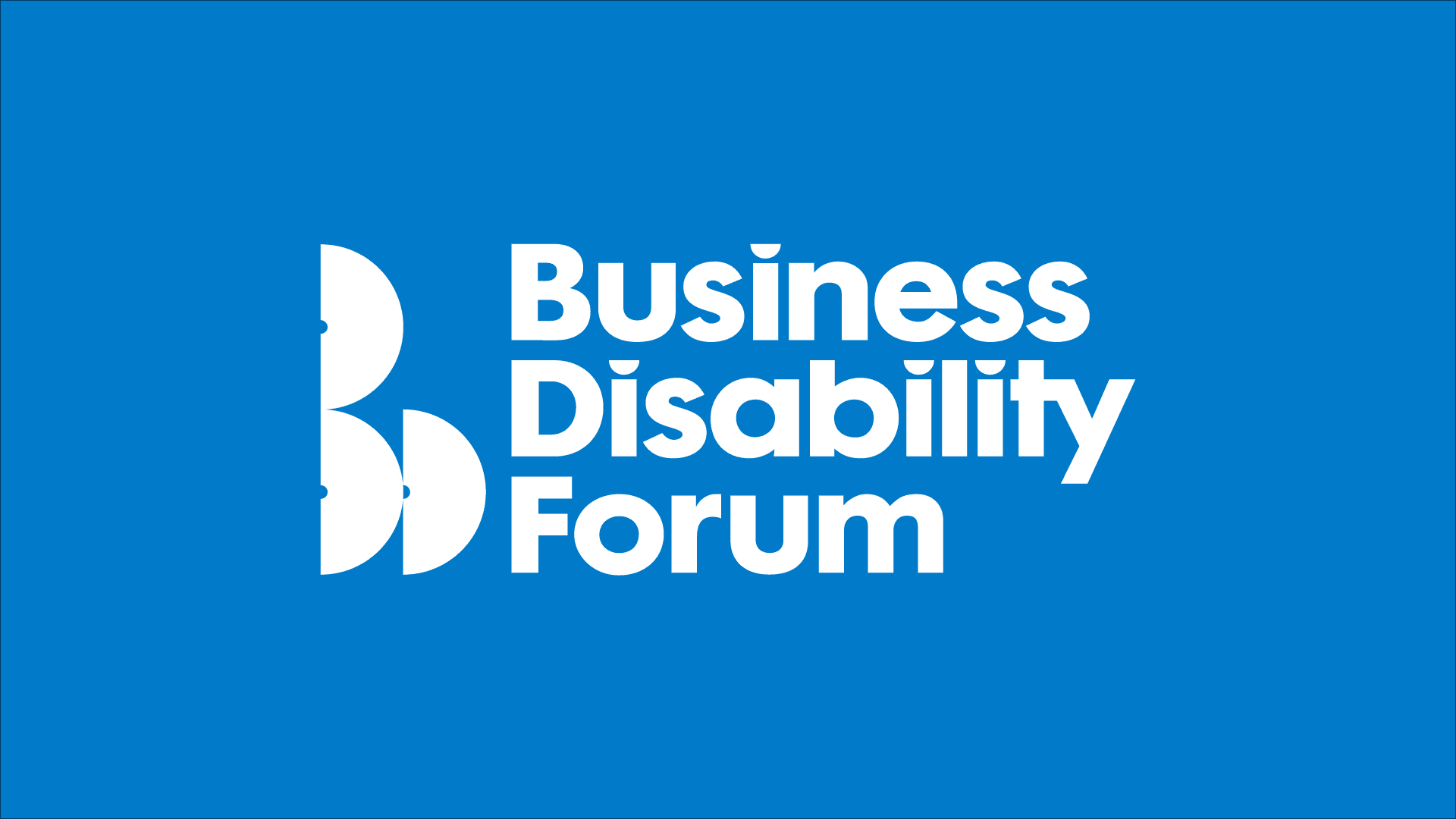Is occupational health working for disabled employees or against them?
We’ve just had Occupational Health Awareness Week (18-24 September). This was, quite rightly, a time to stress the importance of employers having a good occupational health function in place. You might have seen some of our advice for employers released to mark the week. It comes back to a vital point: occupational health can play a vital role for organisations when properly deployed.
But ensuring occupational health does play that role means examining some uncomfortable truths. And the responses we received about occupational health in The Great Big Workplace Adjustments Survey 2023 (kindly sponsored by Microlink) were often – in two words – uncomfortable reading.
“Remember I work for your employer, not you,” one disabled employee was told after being referred to occupational health. This was how the doctor opened the meeting.
“So please,” the doctor continued, “Don’t expect me to have any interest in you personally.”
This employee was one of hundreds to share a poor experience. To be exact, we received written responses from 577 employees, of which 9 per cent were positive. Many echoed the sentiment of occupational health working “for” their employer in a hostile or threatening way. The words “disciplinary” and “punishment” repeatedly came up in responses; one person likened the referral to “being punished for having depression.” Even more worryingly, multiple employees described occupational health being used to manage them out of their roles. One reported being told that they shouldn’t be in their job “if [they] couldn’t cope.”
Occupational health should not be any of these things to employees. It isn’t meant to be seen as something that punishes employees or ends careers, or as a threat or barrier. It is actually meant to act as more of a problem-solver. Occupational health functions, managed properly, can:
- Identify and remove barriers in the workplace for disabled employees.
- Advise both employee and employer on how the employee can best be supported to succeed at work.
- Fill ‘gaps in information’ about conditions and adjustments for employers and employees.
- Use tailored advice to improve an employee’s situation at work – to make a difficult situation a positive and happier one.
Fortunately, we did also hear evidence of this happening from The Great Big Workplace Adjustments Survey 2023. Within what we called ‘the good 9 per cent’ of written responses about occupational health, the words used were “helpful”, “supportive” and “reassuring.”
One employee’s experience is about as far from our first example as possible: “I honestly do not think I would be here without them,” they said. “The doctor was so nice, [they] listened, understood, advised me, and wrote back clearly to my manager, copying me in. My line manager immediately stopped hassling me and this has allowed me to get back to working as normal.”
So how do employers and occupational health providers make this the norm rather than, as our findings suggest, the exception?
Many of the ‘horror stories’ associated with occupational health stem from it being misused, or its function being poorly understood. Occupational health’s effectiveness depends in large part on how well the referral of an employee is written by their manager. Writing an effective referral requires knowledge and training, so a first step for organisations is educating line managers on how to do this. The next is making sure there is follow up, which our findings suggested there currently often isn’t. So managers also need to be educated on what to do on receiving a report from occupational health, such as booking a meeting with the employee who has been referred or contacting HR to act on recommendations. An important caveat is that managers should do this with the employee through discussion and collaboration. Occupational health is about finding solutions for employees, not ‘proving’ conditions, pushing employees out, or ‘disproving’ the need for adjustments.
As the story we talked about first illustrates, there is also a need – both from employers procuring occupational health services and from providers themselves – for quality control. Employees should not be being told that assessors don’t care, or advised to quit their jobs. Occupational health services need to be delivered in an accessible, inclusive, and above all supportive way. Providers also need to respond to referrals with good knowledge of different disabilities, and make sure their approach and recommendations align with the employer’s values too. A last recommendation would be for employers and providers to make sure there is a way for managers and employees to provide regular feedback so that the service can be continuously improved.
Occupational Health Awareness Week is a great opportunity for employers and providers alike to ensure it lives up to its role. But this means making time for what will be, for many practitioners and professionals, some uncomfortable reading.
For our full findings about occupational health from The Great Big Workplace Adjustments Survey, go to page 54 of the report below.
If your organisation is a Member or Partner of Business Disability Forum, you can also access the Occupational Health Toolkit using our Knowledge Hub.
